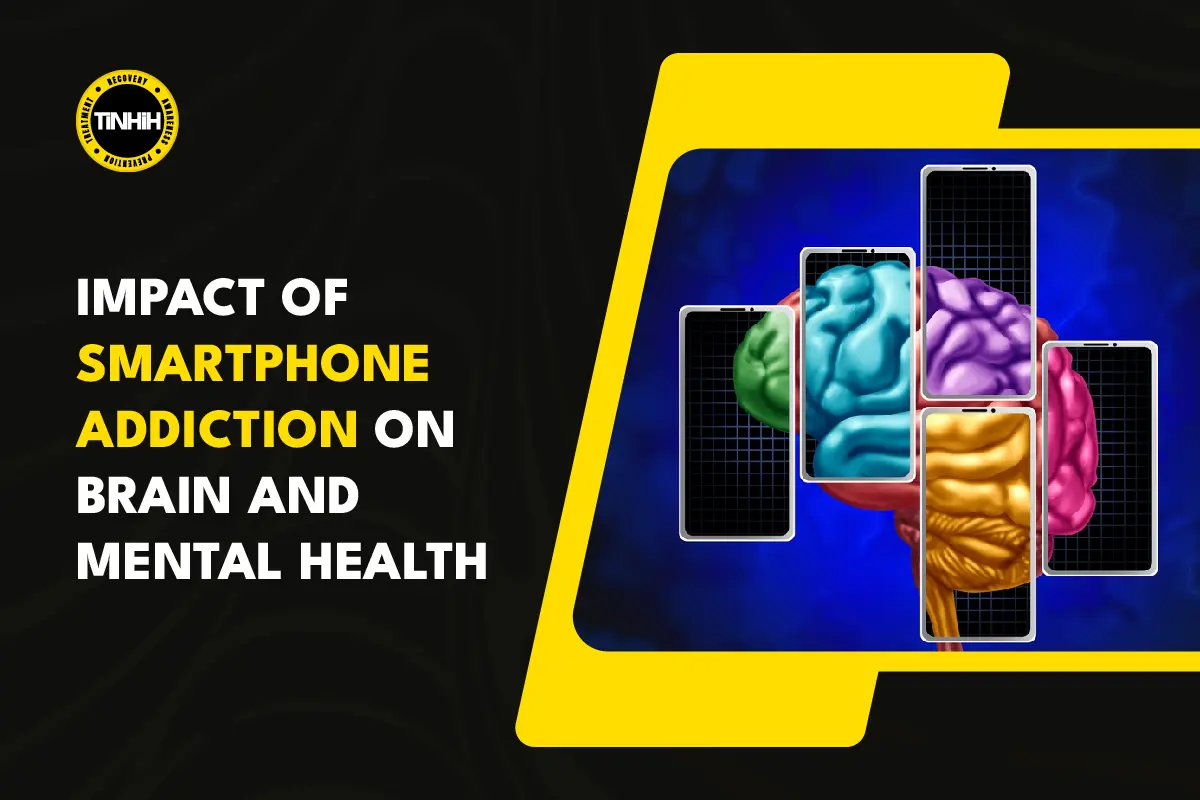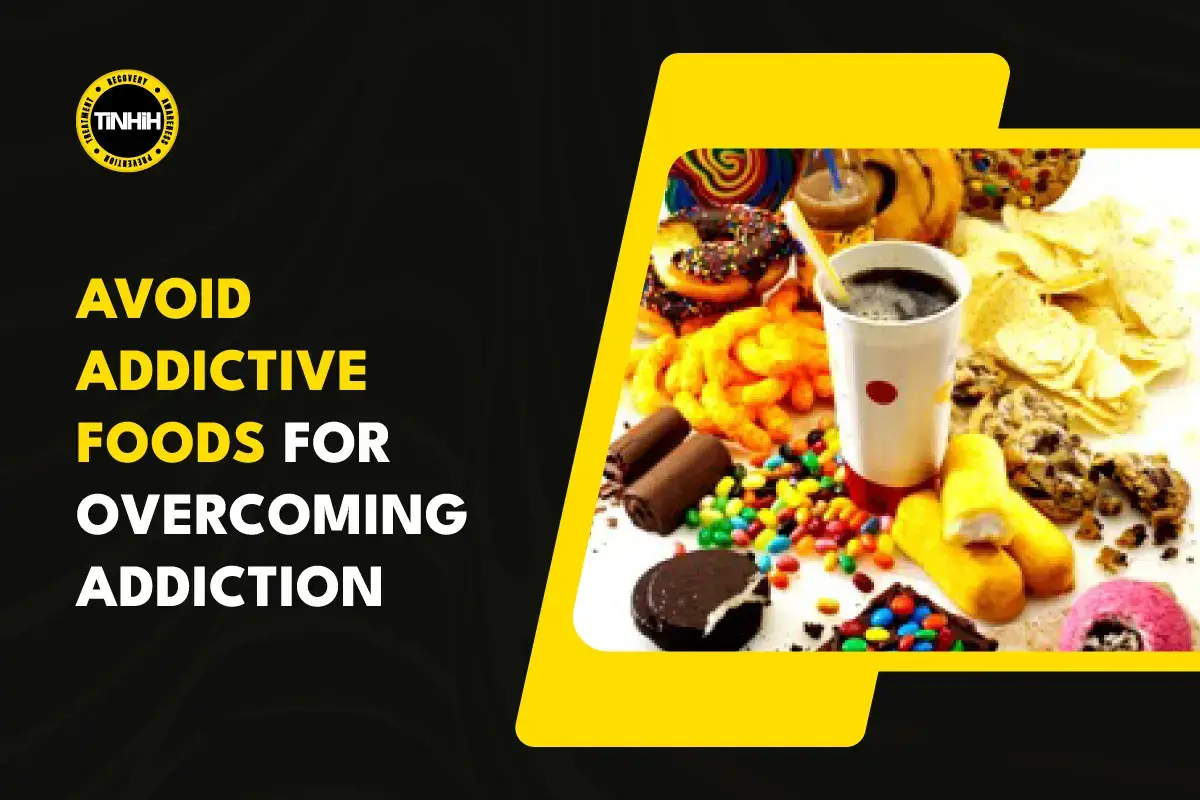
15 Most Addictive Foods You Must Avoid for Overcoming Addiction

In our journey towards better health and wellness, understanding the dynamics of addiction is crucial. Certain foods can trigger addictive responses in our brains, leading to detrimental effects on our physical and mental well-being.
In this comprehensive guide, we delve into the 15 most addictive foods that individuals struggling with addiction should steer clear of to facilitate their recovery journey.
Table of Contents
The Science Behind Food Addiction
Before we delve into the specific foods to avoid, it’s essential to grasp the science behind food addiction.
Much like substance addiction, food addiction involves the dysregulation of brain circuits associated with reward, motivation, and decision-making.
Highly palatable foods rich in sugar, fat, and salt can hijack these brain circuits, leading to compulsive overeating and loss of control.
Identifying the Culprits: 15 Addictive Foods to Dodge
Sugar-laden Treats
Sugary snacks like candies, cookies, and pastries can trigger intense cravings and contribute to addictive eating behaviors. These treats provide a quick spike in blood sugar levels, leading to a temporary feeling of pleasure followed by a crash, which can prompt further cravings.
Processed Meats
Deli meats and cured meats often contain additives and preservatives that can exacerbate addictive tendencies. These additives, such as nitrates and nitrites, may have addictive properties themselves and can also contribute to inflammation in the body, further perpetuating cravings.
Salty Snacks
Potato chips, pretzels, and other salty snacks stimulate the reward centers in the brain, making them difficult to resist. The combination of salt and fat in these snacks triggers dopamine release, which reinforces the desire to continue eating them, even when not hungry.
Fast Food Burgers
High-fat, high-calorie burgers from fast-food chains can lead to cravings and binge eating episodes. These burgers are often engineered to be hyper-palatable, with a combination of fat, salt, and sugar that can hijack the brain’s reward system and promote addictive eating behaviors.
Sugary Beverages
Soda, energy drinks, and sweetened beverages provide a quick surge of sugar but also contribute to addictive patterns. The high sugar content in these drinks can lead to fluctuations in blood sugar levels, triggering cravings and causing individuals to seek out more sugary substances to maintain energy levels.
Ice Cream
Creamy and indulgent, ice cream can be a trigger food for individuals prone to addictive eating habits. The combination of sugar, fat, and often additional flavorings like chocolate or caramel can make ice cream highly rewarding, leading to cravings and overconsumption.
Pizza
With its combination of refined carbs, cheese, and savory toppings, pizza ranks high on the list of addictive foods. The combination of ingredients in pizza triggers multiple pleasure pathways in the brain, making it difficult for individuals to stop eating even when they’re full.
French Fries
Crispy, salty, and satisfying, french fries can be irresistible for those battling food addiction. The combination of fat and salt in french fries stimulates the release of dopamine, reinforcing the desire to continue eating despite feelings of fullness.
Chocolate
Rich in sugar and fat, chocolate can elicit pleasurable sensations that may reinforce addictive behaviors. Chocolate contains compounds like theobromine and phenylethylamine, which can stimulate the release of feel-good neurotransmitters like serotonin and dopamine, leading to cravings and overconsumption.
Cheese
Cheese contains casein-derived peptides that can act as mild opioids, potentially fueling addictive tendencies. Additionally, cheese is high in fat and salt, which can further contribute to its addictive properties.
White Bread
Highly processed and lacking in nutrients, white bread can disrupt blood sugar levels and contribute to cravings. The rapid spike and subsequent crash in blood sugar levels after consuming white bread can lead to increased hunger and cravings for more sugary or high-carbohydrate foods.
Alcoholic Beverages
While not a food in the traditional sense, alcohol can trigger addictive responses in the brain and should be avoided by individuals with addiction issues. Alcohol affects the brain’s reward system, leading to cravings and compulsive drinking behaviors in susceptible individuals.
Cake and Pastries
Decadent desserts like cake and pastries can provide temporary pleasure but may exacerbate cravings in the long run. These treats are often high in sugar and fat, leading to a rapid spike in blood sugar levels followed by a crash, which can prompt further cravings.
Fried Foods
Whether it’s fried chicken, onion rings, or mozzarella sticks, fried foods can stimulate the reward centers in the brain and foster addictive eating behaviors. The combination of fat, salt, and often carbohydrates in fried foods makes them highly palatable and difficult to resist.
Highly Processed Snacks
Crackers, snack cakes, and other highly processed snacks often contain a combination of sugar, fat, and salt that can promote addictive eating habits. These snacks are designed to be hyper-palatable, with carefully engineered combinations of ingredients that stimulate the reward centers in the brain and encourage overconsumption.
Strategies for Overcoming Food Addiction
Mindful Eating Practices
Embracing mindfulness during meals can help individuals develop a deeper awareness of their eating habits and sensations of hunger and satiety. By slowing down and savoring each bite, individuals can regain control over their relationship with food and reduce the likelihood of succumbing to addictive cravings.
Nutrient-Dense Alternatives
Replacing addictive foods with nutrient-dense alternatives can satisfy cravings while providing essential vitamins, minerals, and antioxidants. Opt for whole foods such as fruits, vegetables, lean proteins, and whole grains to nourish the body and support overall well-being.
Building a Supportive Environment
Surrounding oneself with a supportive network of friends, family, and healthcare professionals can significantly enhance the journey toward overcoming food addiction. Seeking guidance from a registered dietitian or therapist specializing in disordered eating can offer invaluable insights and strategies for long-term success.
Conclusion
Understanding the addictive nature of certain foods is paramount for individuals striving to overcome addiction and lead healthier lives.
By avoiding the 15 addictive foods highlighted in this article and implementing strategies for recovery, individuals can take control of their eating habits and work towards lasting wellness.
Remember, recovery is possible, and every step towards healthier choices is a step in the right direction.





